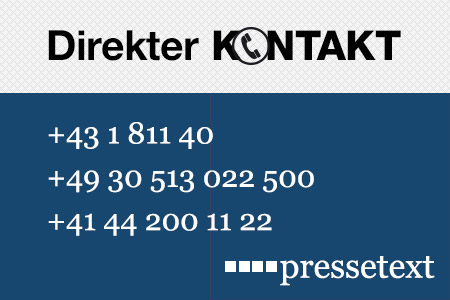MRI key factor in breast cancer treatment
Study shows importance of tumour assessment
Oak Brook (pte028/24.06.2003/15:32) Magnetic resonance imaging (MRI) is an effective way to assess a breast cancer patient's response to chemotherapy, as revealed in a new study published today by scientists at Harvard Medical School http://www.med.harvard.edu , Massachusetts General Hospital http://www.mgh.harvard.edu and Caritas St. Elizabeth's Medical Center in Boston http://www.semc.com/home/default.asp .
The aim of chemotherapy is to destroy the blood vessels feeding a tumour and reduce its size. In the study, MRI proved more effective than mammography or ultra sound in assessing the patient's progress, say the scientists. They found that high contrast MRI is a reliable, non-invasive method of examining the blood flow to a tumour and thereby determining whether the chemotherapy is working.
Co-author Priscilla J. Slanetz, director of the department of breast tomography at Caritas St. Elizabeth's Medical Center, explained that, with the help of a contrast agent in the patient's blood, MRI can reveal just how quickly blood flows to a tumour - a more informative factor than just the size and shape of the tumour.
The easier it is to tell how a tumour is responding, the easier it is to plan the optimal course and length of the patient's therapy. If a tumour proves for example to be resistant to a certain type of chemotherapy, the method can be changed in time.
The report on the recent study will appear in the July issue of the professional journal Radiology http://radiology.rsnajnls.org . Fourteen patients between the ages of 28 to 61 took part in the study, all of them suffering from locally advanced breast tumours.
(end)| Aussender: | pressetext.europe |
| Ansprechpartner: | Newsfox Desk |
| Tel.: | + 43 - 1 - 811 40 - 319 |
| E-Mail: | editor@newsfox.com |


